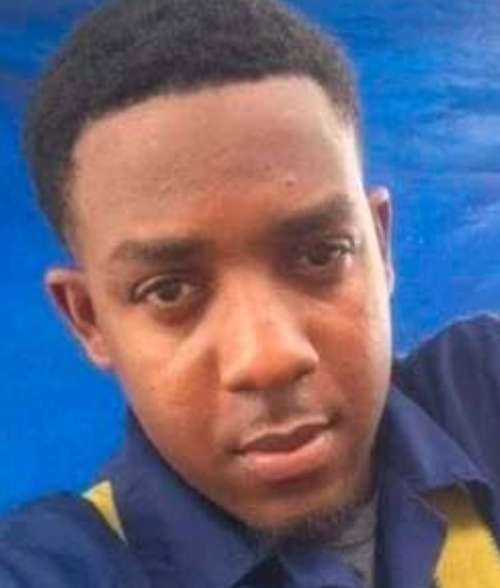Paradise Lost: Examining Actual Homicide Cases in Tropical Destinations
The idyllic portrayal of the Caribbean in popular media often clashes starkly with the harsh realities faced by its residents. Trinidad and Tobago, famous for its vibrant Carnival celebrations and steel drum music, grapples with a deeply concerning surge in violent crime. The murder of Shakeem Charles, a 32-year-old IT technician moonlighting as a rideshare driver, tragically exemplifies this disturbing trend. In July 2024, Shakeem disappeared after picking up a passenger, his body later discovered bearing multiple gunshot wounds. His death became part of a grim statistic – 624 murders in 2024, marking the deadliest year in the nation’s history. This grim reality underscores the stark contrast between the romanticized image of the Caribbean and the lived experiences of many islanders.
Shakeem’s murder left his family devastated, his mother Margaret Charles and young daughter Amarah grappling with the immense void left by his absence. The festive season served as a stark reminder of their loss, with Amarah poignantly leaving an empty chair at the Christmas table for her father. The slow pace of the investigation, with no arrests made despite seemingly clear leads, adds to their anguish. The seemingly straightforward nature of the case, with potential evidence available through the rideshare app, GPS tracking, CCTV footage, and ATM records, raises questions about the effectiveness of the local police force. The lack of progress highlights the challenges faced by law enforcement in a country struggling to contain a rising tide of violence.
The escalating violence prompted the Trinidadian government to declare a state of emergency, a measure extended until mid-April 2025. While officials attribute much of the violence to gang activity, experts like criminologist Dr. Malisa Neptune-Figaro offer a more nuanced perspective. She argues that gang membership often stems from a history of victimization, with individuals seeking a sense of belonging and protection within these criminal organizations. Dr. Neptune-Figaro cautions that states of emergency offer merely temporary respite and advocates for long-term solutions addressing the root causes of crime, including judicial reform, improved educational opportunities, job creation, and parental support programs. This underscores the need for a multi-faceted approach that tackles both the immediate security concerns and the underlying societal factors contributing to violence.
While the state of emergency has yielded some positive results, including a decrease in murders and robberies, along with hundreds of arrests, the fundamental issues remain. The case of Shakeem Charles exemplifies the urgent need for a more effective and efficient criminal justice system. The lack of arrests in his case, despite the availability of potential evidence, raises serious concerns about the capacity of the police force to investigate and solve complex crimes. This also highlights the importance of holding law enforcement accountable for their performance and ensuring that they have the necessary resources and training to effectively combat crime.
The frustration and desperation of the victims’ families are palpable. Margaret Charles, clinging to the hope that the state of emergency will bring justice for her son and provide the police with the tools to solve other outstanding cases, represents the anguish of countless others affected by the wave of violence. Their plea for justice underscores the urgent need for effective crime prevention strategies and a responsive justice system that can hold perpetrators accountable and provide closure to grieving families. The ongoing struggle against violence requires a concerted effort from all stakeholders, including the government, law enforcement, community organizations, and citizens, to create a safer and more secure society.
The contrast between the fictionalized world of “Murder in Paradise,” where a brilliant detective solves intricate murders against a backdrop of tropical beauty, and the harsh realities of Trinidad and Tobago’s escalating crime rate is stark. While the television series offers escapism, the real-life struggles faced by families like Shakeem Charles’ demand attention and action. The case serves as a poignant reminder that the idyllic image of the Caribbean often masks a complex reality of social and economic challenges that fuel violence and crime. The pursuit of justice for Shakeem and other victims requires a comprehensive and sustained effort to address the root causes of violence and build a more just and equitable society. This includes investing in social programs, strengthening law enforcement capabilities, and promoting community-based initiatives that empower individuals and foster a sense of safety and security.
Share this content:












Post Comment